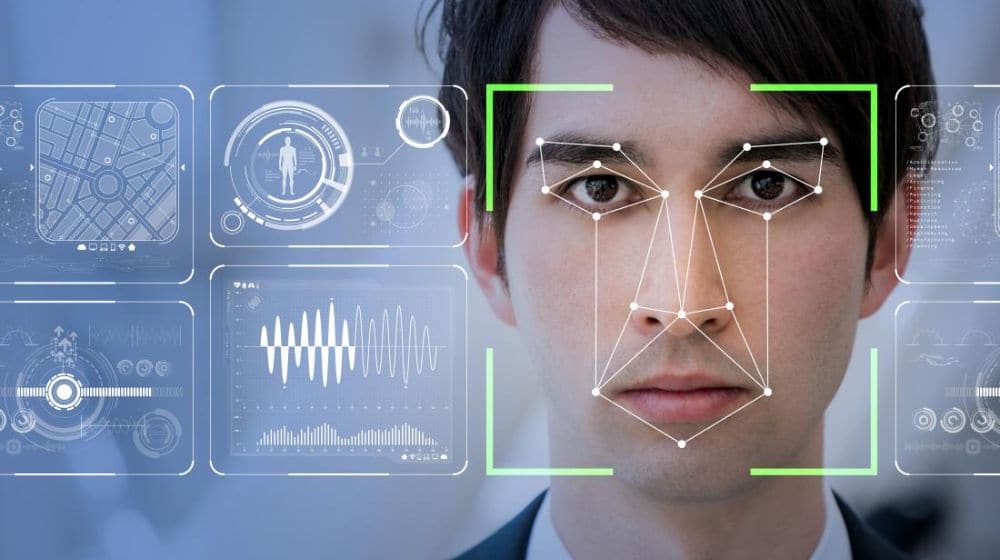Controversial American facial recognition company, Clearview AI has reportedly told investors that it aims to collect 100 billion photos – enough to ensure that almost every human will be in its database.
The Washington Post reported today:
Clearview AI is telling investors it is on track to have 100 billion facial photos in its database within a year, enough to ensure ‘almost everyone in the world will be identifiable,’ according to a financial presentation from December obtained by The Washington Post.
The December presentation was part of an effort to obtain new funding from investors, making 100 billion facial images the final goal. The presentation states that Clearview has already collected up to 10 billion images and continues to add 1.5 billion images a month.
Clearview reportedly told investors that it needs $50 million to hit its goal of 100 billion photos. The Post added:
The company said that its “index of faces” has grown from 3 billion images to more than 10 billion since early 2020 and that its data collection system now ingests 1.5 billion images a month. With $50 million from investors, the company said, it could bulk up its data collection powers to 100 billion photos, build new products, expand its international sales team, and pay more toward lobbying government policymakers to “develop favorable regulation. Clearview has built its database by taking images from social networks and other online sources without the consent of the websites or the people who were photographed. Facebook, Google, Twitter, and YouTube have demanded the company stop taking photos from their sites and delete any that were previously taken. Clearview has argued its data collection is protected by the First Amendment.
The news agency commented that Clearview “wants to expand beyond scanning faces for the police, saying in the presentation that it could monitor ‘gig economy workers and is researching several new technologies that could identify someone based on how they walk, detect their location from a photo or scan their fingerprints from afar.”
Clearview founder and CEO Hoan Ton-That in a statement to Ars said:
Clearview AI’s database of publicly available images is lawfully collected, just like any other search engine, including Google. It is used by law enforcement for after-the-crime investigations to assist in identifying perpetrators of crimes.
Ton-That added that the company had collected photos from ‘millions of websites’ that were publicly available on the internet. The founder also stated that the company had not decided yet whether to sell its facial recognition service to non-government organizations.
The CEO also clarified that “every photo in the data set is a potential clue that could save a life, provide justice to an innocent victim, prevent a wrongful identification, or exonerate an innocent person.” However, in the future, the company’s approach could change with its business model.
Ton-That added:
Our principles reflect the current uses of our technology. If those uses change, the principles will be updated, as needed.
Clearview is facing various privacy lawsuits and lost an important ruling Monday in a case on whether the company violated the Illinois Biometric Information Privacy Act by collecting and using facial images of other people without their consent.
The Electronic Frontier Foundation commented that:
A federal judge rejected Clearview’s First Amendment defense, denied the company’s motion to dismiss, and allowed the lawsuits to move forward.
A report from Vice quoted Ton-That who claimed that Airbnb, Lyft, and Uber expressed their interest in using Clearview facial recognition “for consent-based identity verification since there are a lot of issues with crimes that happen on their platforms”.





















